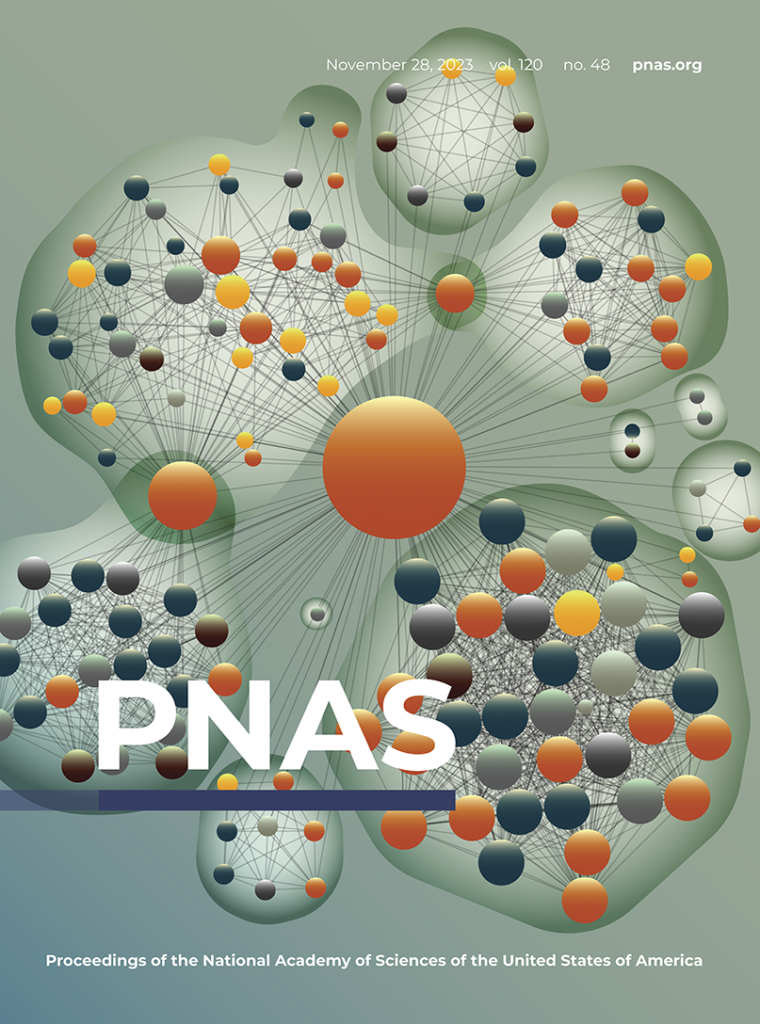Hrishikesh Joshi, Professor of Philosophy and Freedom Center Faculty, is one of the authors of a thought-provoking paper published in the Proceedings of the National Academy of Sciences (PNAS), Vol. 120| No. 48, “Prosocial motives underlie scientific censorship by scientists: A perspective and research agenda.” The paper explores the “social, psychological, and institutional causes and consequences of scientific censorship” in a historical and contemporary context.
Professor Joshi explained the significance of this effort:
“Science is a crucial set of institutions that we rely on to tell us what the world is like. But institutions must be set up right for them to work well. To the extent that results are systematically censored, we have less reason to trust science. In the past, such censorship was easy to locate—it was “top-down” and came from authorities, for instance, in the case of Galileo.
But this is not the only way censorship can work, and it’s not the main way it works today. So, we were interested in why and how other scientists might censor results, independent of the quality of the experiments or arguments. For example, many scientists worry about whether reporting some results might cause undue harm.
We wanted to suggest a research program that rigorously evaluates such claims. In other words, can we use the scientific method to adjudicate claims of this form? Or must we take them on faith? We think these are frontier questions on the issue of scientific knowledge and academic freedom.”
Abstract
“Science is among humanity’s greatest achievements, yet scientific censorship is rarely studied empirically. We explore the social, psychological, and institutional causes and consequences of scientific censorship (defined as actions aimed at obstructing particular scientific ideas from reaching an audience for reasons other than low scientific quality). Popular narratives suggest that scientific censorship is driven by authoritarian officials with dark motives, such as dogmatism and intolerance. Our analysis suggests that scientific censorship is often driven by scientists, who are primarily motivated by self-protection, benevolence toward peer scholars, and prosocial concerns for the well-being of human social groups. This perspective helps explain both recent findings on scientific censorship and recent changes to scientific institutions, such as the use of harm-based criteria to evaluate research. We discuss unknowns surrounding the consequences of censorship and provide recommendations for improving transparency and accountability in scientific decision-making to enable the exploration of these unknowns. The benefits of censorship may sometimes outweigh costs. However, until costs and benefits are examined empirically, scholars on opposing sides of ongoing debates are left to quarrel based on competing values, assumptions, and intuitions.”



